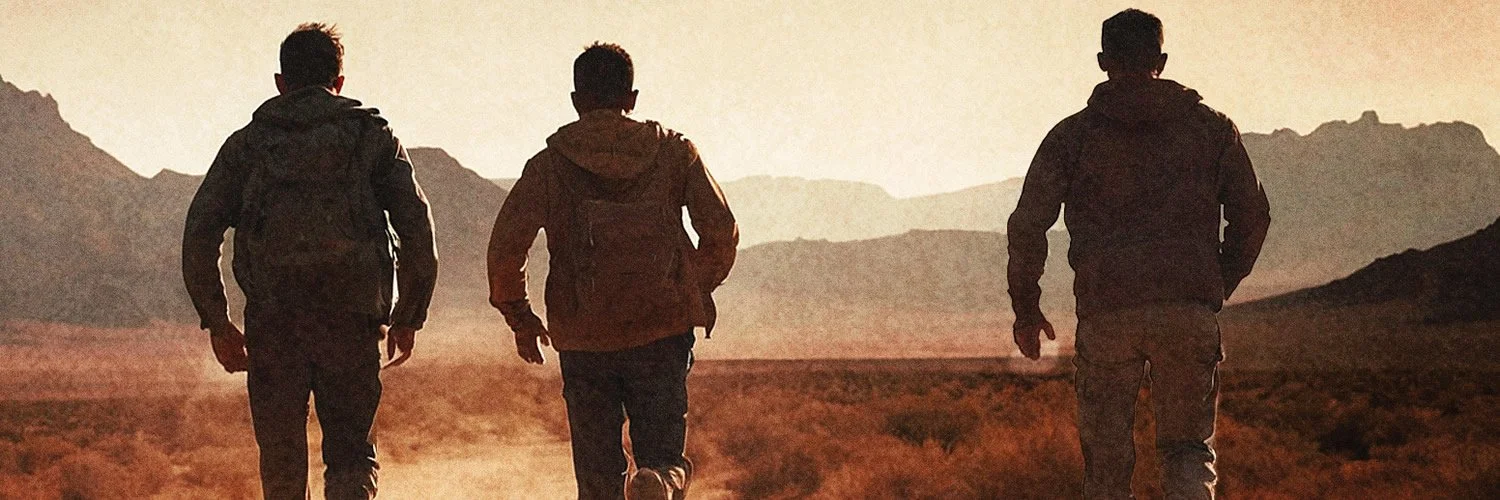There is a lot of negative commentary on the wealthy. My family knows where our next meal is coming from, but we would never be considered wealthy.
As one who researches historical fiction novels, I’ve concluded that by and large people of great wealth do a lot for society, more than government would do if they stripped away that wealth through taxation. They fund arts and culture, libraries, medical research, education, and endow non-profit organizations that make this country a better place. The funds they provide are not eroded by the endless bureaucracy that government red tape demands.
There is one place that I could challenge the use of great wealth is in conspicuous consumption. It amazes me that some can invest literally tens or hundreds of millions of dollars in yachts and other “prizes” that they seldom use. But even in that case, the construction and staffing of such trophies creates jobs.
In Alaska, there is one example of the use of wealth that is damaging. Wealthy sportsmen love to come to Alaska to fish. They come and find trophy trout that, in other areas of the country, seem amazing. Years ago, several friends who lived in Georgia used to come to Alaska as my guests. They would get off the plane marveling that one or another had joined the “teen” club fishing at home. That meant that they had landed a trout that was thirteen inches or longer. In Alaska we generally don’t even take a picture of a fish unless it is twice that size. Which gets me to my beef with wealthy sportsmen.
Over and over, I’ve seen them marvel at our fishery and after a couple of years decide that they should be able to “write-off” their trips. They buy the lodges that they love and then, manage them as they would a growing business. If the lodge was built for eight guests, expanding to twelve allowed a return on the investment. The problem is that to make them pay, the number of tourist fishermen doubled and then doubled again. The result has been incredible overfishing. Even catch and release fishing kills as many as five percent of all fish hooked, so it didn’t take long for the additional fishing pressure to begin destroying the very resource that the wealthy love.
Alaska is a cold, beautiful, difficult place where living things struggle to survive and grow slowly. Overfishing first hits the spawning fish populations, then the slightly smaller fish that would be spawners in a few years. In the case of the river I love best, the Illiamna, the fishery went from world class to a disaster in less than a decade as new owners took over lodges and increased the pressure. I’ve worked with the Alaska Department of Fish and Game, encouraging them to close the river to all fishing to allow it to revive. But my efforts are bogged down in the bureaucracy.
Today, my effort to pursue ADF&G’s closure of the Iliamna River seems irrelevant. The fishery has collapsed to the point where neither Alaska citizens nor the lodges are even fishing it, or any other rivers in what once was, the Alaska Trophy Fish Area. It has been loved to death.











